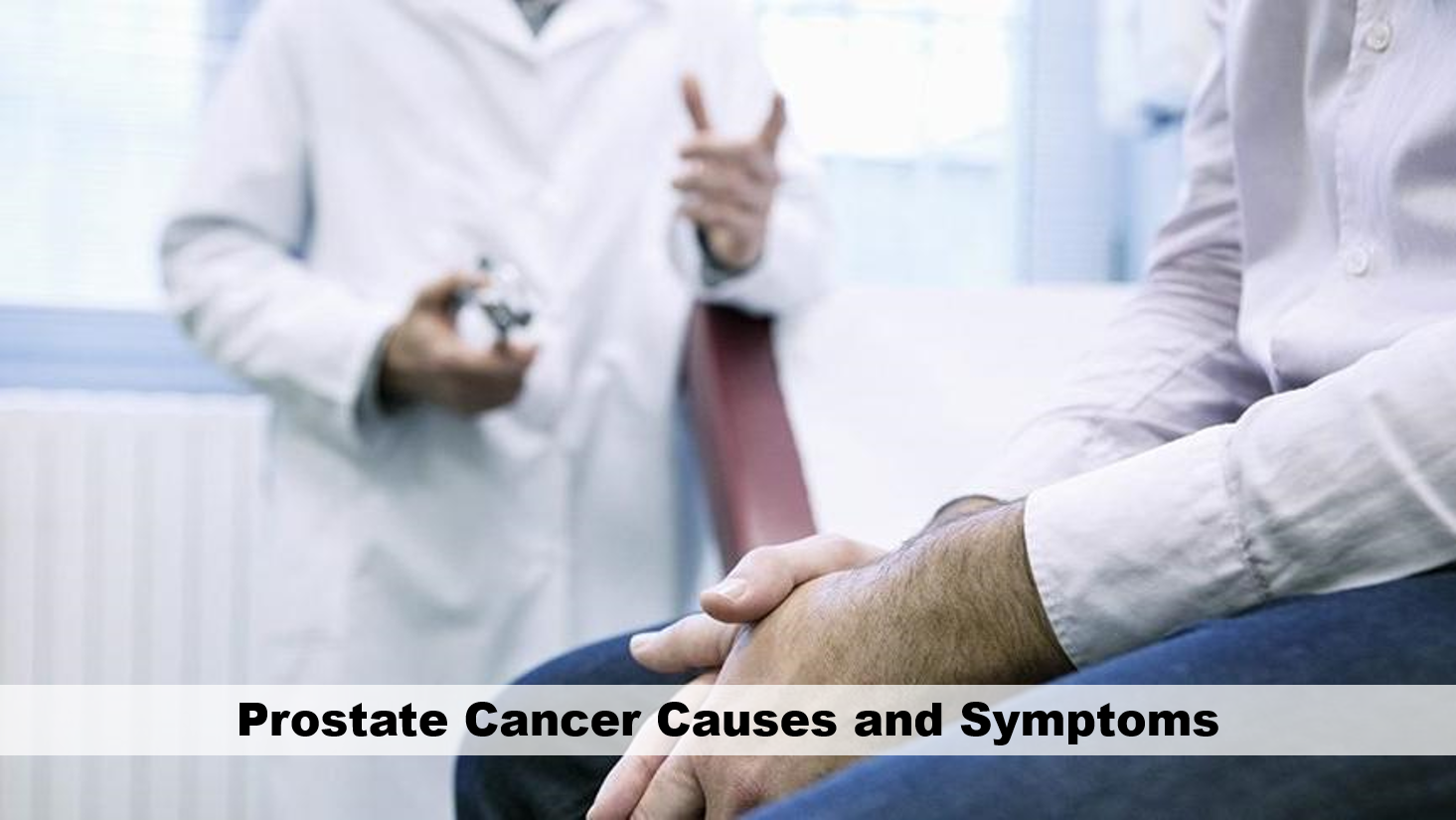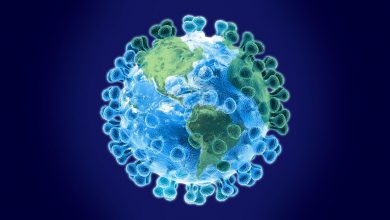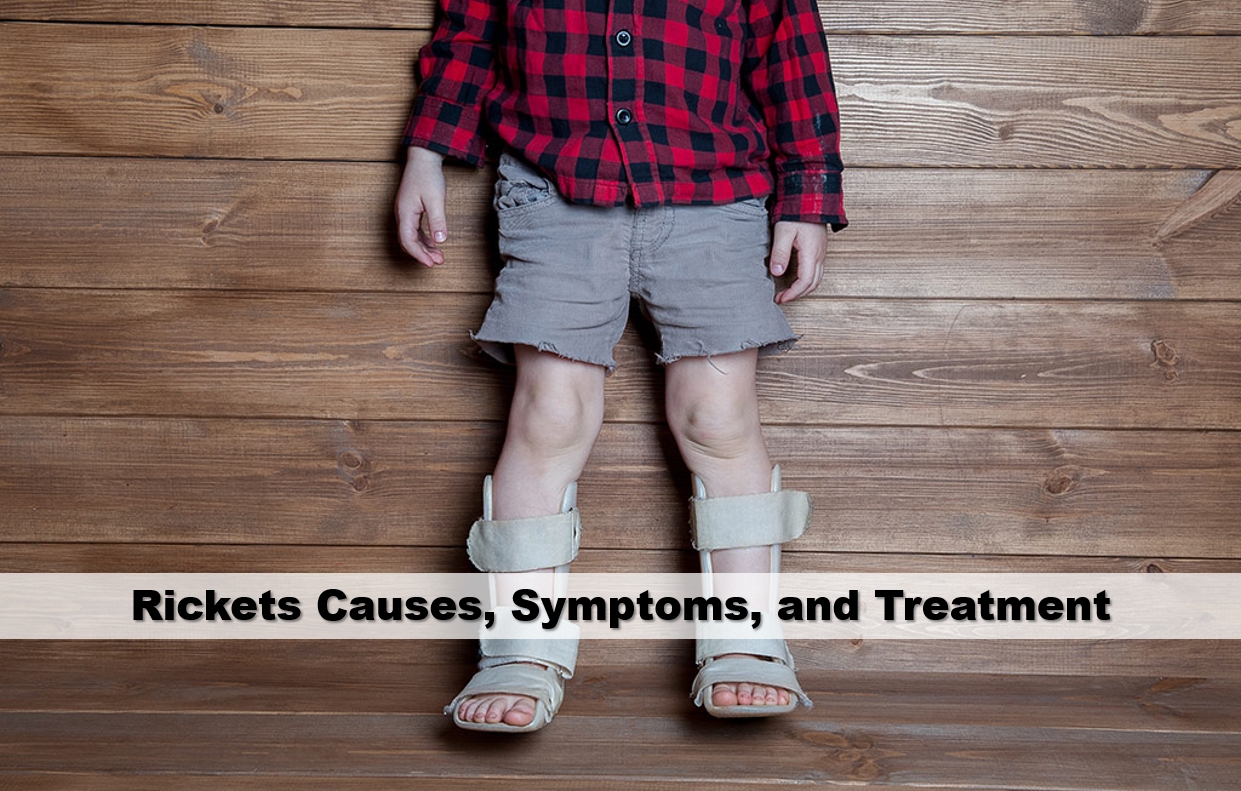What does HIV Positive mean? What does AIDS mean?

What does HIV Positive mean? What does AIDS mean?
HIV (Human Immmunodeficiency Virus) is a disease agent called Human Immunodeficiency Virus in Turkish. The virus penetrates into human immune cells, weakening the immune system and causing opportunistic infections.
What does HIV Positive mean?
Being HIV + (positive) means the presence of the Human Immunodeficiency Virus in the person’s body. HIV is a chronic infection characterized by weakening of the immune system and vulnerability to opportunistic infections. The person can continue his life for many years without any symptoms.
What does AIDS mean?
AIDS (Acquired Immune Deficiency Syndrome) is a table of diseases created by HIV, called “Acquired Immune Deficiency Syndrome” in Turkish. It is a situation where opportunistic infections progress as a result of the high level of destruction of immune cells and cause serious disease pictures. Bacterial, viral, fungal or protozoal infections that occur in insufficient immune system conditions are called opportunistic infections. With early diagnosis and developing treatment conditions, HIV-positive people can live for many years before entering the AIDS period.
What are the Ways of Transmission?
Human immunodeficiency virus, HIV,
- Any unprotected (without condom) sexual intercourse (oral, vaginal, anal) with an HIV-positive person,
- With common and HIV-infected syringes or non-sterilized surgical supplies
- With infected blood and blood products (In our country since 1987, every blood and blood product is given to the patient after necessary tests are performed.),
- It can be transmitted from HIV-positive mother to baby during pregnancy, during childbirth or by breastfeeding after birth.

Who Are Risky Groups?
When the ways of transmission are evaluated:
- Those who are partners of an HIV-positive person,
- Those who have unprotected sexual intercourse,
- People with risky contact history,
- Those who have injecting drug addiction and use of common injectors,
- Babies of HIV-positive pregnant women constitute the groups at risk.
What are the Situations where HIV is not Transmitted?
Touching, shaking and hugging, tears, sweat and saliva, sitting in the same place and breathing the same air, sharing the same pool, toilet, sauna and shower, sharing plates, forks, spoon knives and glasses with the common use of clothes, mosquitoes with phone headset and doorknobs HIV is not transmitted by insect bites and animal bites.
What are the Diagnostic Methods of HIV / AIDS Infection?
The diagnosis of HIV / AIDS infection is made by disease-specific laboratory tests.
What is the course of HIV infection?
The infection progresses in certain stages. The virus causes an acute infection that is not specific to HIV infection and shows variable symptoms during the first reproduction period within 1-6 weeks of ingestion.
Antibodies against HIV develop within 6-12 weeks. Antibodies are important in the diagnosis of the disease. In the time it takes to develop antibodies, the virus is present in the blood and the patient is contagious.
In the asymptomatic period lasting 6-13 years (average 8-10 years) when the person has no signs or symptoms, there is no finding, but the person is contagious.
Symptoms that cause patients to consult a doctor for the first time occur in the Early Symptomatic Period. During this period, HIV infection-specific tests are performed and treatment is initiated.
The last stage of HIV infection is the AIDS period. During this period, the immune deficiency becomes more pronounced, opportunistic infections or some special types of cancer may occur. Especially in this period, diagnosis, treatment and preventive treatment of opportunistic infections are important.
In advanced patients, despite treatment, the emergence of a new AIDS indicator disease cannot be prevented within an average of 2 years.
What is the Treatment for HIV?
In HIV infection, there is no cure that eliminates the virus yet, but there are drugs that control the replication of the virus. Although these drugs do not provide a definitive treatment of the disease, they prevent the immune system from weakening by controlling the reproduction of the virus in the body and prevent the emergence of AIDS.
Why is Regular Follow-up and Treatment Important?
Early initiation of treatment, regular follow-up and treatment can prevent transmission, prolong life, increase quality of life, and reduce HIV-related diseases and deaths. In addition, HIV transmission from mother to baby can be largely prevented by preventive treatment applied to the mother before birth and to the baby after birth.
What are the ways to be protected from HIV / AIDS infection?
HIV infection is a preventable disease. Prevention measures are much more effective and cheaper than treatment.
For protection from sexual transmission;
- Avoiding unsafe and unprotected sexual contact,
- Monogamy,
- It is necessary to use a condom during sexual intercourse.
For protection from bloodborne transmission
- Use of screened HIV (-) blood and blood products,
- (In order to protect against contamination with blood and blood products, blood and blood products have been tested for HIV in our country since 1987. Performing necessary tests before organ and tissue transplantation minimizes the risk of HIV transmission.)
- Use of disposable sterile syringes and surgical materials,
- The use of common syringes should be avoided.
To prevent HIV (+) transmission from pregnant to baby,
- Appropriate treatment and follow-up, delivery planning by cesarean section,
- Medication treatment to the mother before birth and to the baby after birth,
- The mother should not breastfeed her baby.





